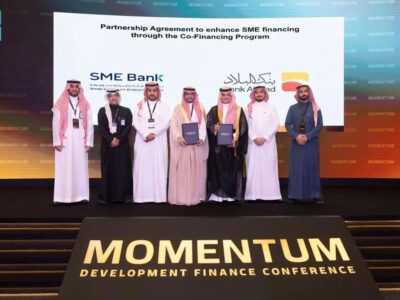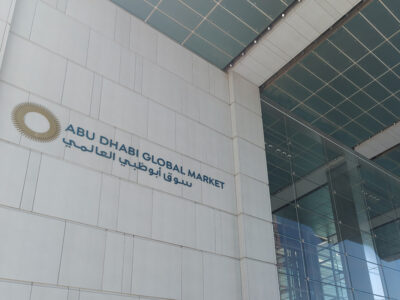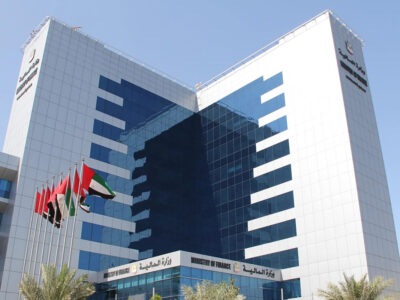Environmentally conscious investors should consider whether a company is moving in the right way regarding environmental, social and corporate governance (ESG) standards before investing, according to an analyst at investment firm Lombard Odier.
Investors have become increasingly concerned with the impact their investments will have on the environment as climate change worries take centre stage.
“[ESG] is all about transition,” Thomas Höhne-Sparborth, senior sustainability analyst at Lombard Odier told Arabian Business. “It’s not just getting out of these high emitting sectors. Don’t just divest in a steel company because it’s high emitting today, but consider whether it’s moving in the right direction.”
While there are risks, the transition is happening and there are opportunities as well, he said.
“The opportunities are twofold,” Höhne-Sparborth said. “They’re in the companies that can help companies transition… and the second side of the picture is the opportunity to invest in these transitioning companies.”
A lot of the funding today flows toward these solution providers, one of which is wind turbine manufacturing, another example is companies that produce industrial gas that make steel production more efficient.
“We believe it’s an area that hasn’t been recognised by investors so there’s opportunities,” he said.
 Thomas Höhne-Sparborth, senior sustainability analyst at Lombard Odier.
Thomas Höhne-Sparborth, senior sustainability analyst at Lombard Odier.
For those looking at investing in companies that are transitioning, he said if a rapidly transitioning company can be identified, investors stand to profit.
“Those are the interesting investment options because very often they’ll be able to capture market share away from some of their competitors and will be better positioned for the market of tomorrow,” he said.
Third generation ESG
Much like companies transitioning, the ESG investment sphere has changed shape, with Höhne-Sparborth saying this is the third generation. Where the first generation largely focused on excluding high-emitting sectors, like coal, the second generation focused on minimising the carbon footprint and cutting emissions.
But just because a company cuts its emissions by a certain percent doesn’t mean it’s sustainable, Höhne-Sparborth cautioned.
“What you need are benchmarks for understanding what a transition looks like and what specifically sustainable business models would look like,” he said. “If our end objective is a net zero economy by 2050, exactly how quickly does the power industry need to decarbonise?”
A number of new metrics have emerged to measure transitional progress being made, including those by the Financial Stability Board’s Task Force on Climate-related Financial Disclosures that were initially released in 2017 and are updated regularly. However, in 2019, 75 of the organisations surveyed by the task force said the metrics and targets recommended were somewhat or very difficult to implement, according to the report.
 Christophe Lalandre, head of Lombard Odier Abu Dhabi.
Christophe Lalandre, head of Lombard Odier Abu Dhabi.
Overall, the roadmaps being published are increasingly detailed and emerging benchmarks can help investors make green, smart decisions, Höhne-Sparborth said.
“There is undoubtedly significant opportunity ahead for ESG investing in the Middle East. There is major room for expansion in the region’s green bond market, and we are already seeing lead exchanges in the UAE open up to new, more ESG-focused securities. Islamic finance too is evolving, and offers regional investors a valuable route into more responsible and sustainable investing, sharing many common values with ESG-criteria, especially around social values,” Lombard Odier’s head of Abu Dhabi, Christophe Lalandre told Arabian Business.





